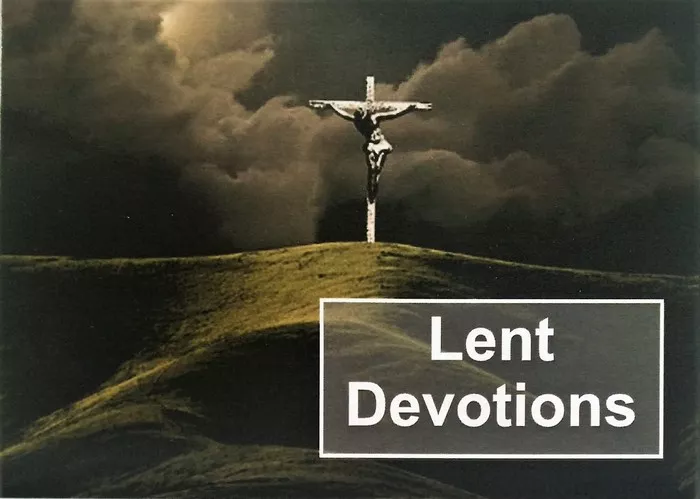Lent, the 40-day period of fasting, reflection, and penance in the Christian liturgical calendar, is a time of spiritual growth and renewal for believers worldwide. It’s a period where Christians prepare for Easter, the celebration of Jesus Christ’s resurrection. While Lenten practices vary among different denominations and individuals, there are traditional rules and guidelines followed, especially by seniors, to observe this solemn season. In this article, we’ll delve into the Lenten rules for seniors, exploring their significance, variations, and practical implications.
What is Lent?
Lent is a season of the liturgical year observed in various Christian traditions, including Catholicism, Orthodoxy, Anglicanism, and some Protestant denominations. It begins on Ash Wednesday and concludes on Holy Saturday, the day before Easter Sunday. The 40-day duration symbolizes the period Jesus spent fasting in the wilderness, enduring temptation before beginning his public ministry.
Lenten Practices for Seniors
Seniors, due to their life experiences and wisdom, often approach Lent with a deep sense of spirituality and reflection. While Lenten practices may vary depending on individual health conditions, mobility, and personal circumstances, seniors commonly engage in the following activities:
1. Fasting: Fasting is a cornerstone of Lenten observance. For seniors, fasting may involve abstaining from certain foods, such as meat, or limiting portion sizes. Seniors with health concerns should consult with healthcare providers before undertaking any fasting regimen.
2. Prayer: Lent offers seniors an opportunity to deepen their prayer life. Many seniors devote additional time to prayer, attending Lenten services, participating in prayer groups, or engaging in personal devotions.
3. Almsgiving: Almsgiving, or acts of charity, holds significant importance during Lent. Seniors often contribute to charitable causes, volunteer at local organizations, or assist those in need within their communities.
4. Reflection and Meditation: Lent encourages introspection and self-examination. Seniors may engage in reflection through reading spiritual literature, attending retreats, or practicing meditation and mindfulness.
Lenten Rules and Regulations
While Lenten practices are highly individualized, many seniors adhere to traditional rules and regulations prescribed by their respective religious traditions. These rules often include:
1. Abstinence: Abstaining from meat on Ash Wednesday, Good Friday, and all Fridays during Lent is a common practice for Catholics and some other Christian denominations. Seniors may substitute meat with fish or opt for vegetarian alternatives.
2. Ash Wednesday: Seniors participate in Ash Wednesday services, where ashes are imposed on the forehead as a sign of repentance and mortality. Due to mobility or health issues, some seniors may receive ashes at home from clergy or participate in virtual services.
3. Stations of the Cross: Seniors may attend Stations of the Cross services, which commemorate Jesus Christ’s passion and death. For those unable to attend in person, many churches offer virtual or televised Stations of the Cross services.
4. Holy Week Observances: Seniors actively participate in Holy Week observances, including Palm Sunday, Maundy Thursday, Good Friday, and Holy Saturday services. These services often include special liturgies, processions, and rituals.
Modifications for Seniors
While seniors are encouraged to fully participate in Lenten observances, modifications may be necessary based on individual circumstances:
1. Health Considerations: Seniors with health concerns, such as diabetes or heart conditions, should consult with healthcare providers before fasting or making significant dietary changes. Alternative forms of fasting, such as abstaining from certain activities or habits, may be appropriate.
2. Mobility Challenges: Seniors with mobility challenges may find it difficult to attend church services or participate in traditional Lenten activities. Churches and religious organizations can provide accommodations, such as home visits, transportation assistance, or online resources.
3. Spiritual Support: Seniors may benefit from spiritual support and guidance during Lent. Pastoral caregivers, chaplains, or spiritual directors can offer encouragement, prayer, and companionship throughout the Lenten season.
4. Family Involvement: Family members can support seniors in their Lenten observances by participating in activities together, assisting with meal preparation, or arranging transportation to church services and events.
The Spiritual Significance of Lent for Seniors
For seniors, Lent holds profound spiritual significance as a time of renewal, repentance, and reconciliation. It offers an opportunity to deepen their relationship with God, reflect on the meaning of Christ’s sacrifice, and recommit to a life of faith and discipleship.
As seniors journey through Lent, they are reminded of their mortality and the need for spiritual preparation. It is a time to let go of distractions, cultivate gratitude, and embrace the transformative power of God’s love and mercy.
Conclusion
Lenten observances for seniors are rooted in tradition, spirituality, and personal devotion. While Lenten rules and practices may vary, the essence of the season remains constant: a call to repentance, self-discipline, and renewal of faith.
As seniors engage in fasting, prayer, and acts of charity, they are invited to journey with Christ through his passion, death, and resurrection. Through reflection, meditation, and participation in liturgical rites, seniors deepen their understanding of God’s grace and embody the spirit of Lent in their daily lives.
In embracing the Lenten season, seniors bear witness to the enduring hope and promise of Easter, celebrating the triumph of life over death and the redemptive power of God’s love.

